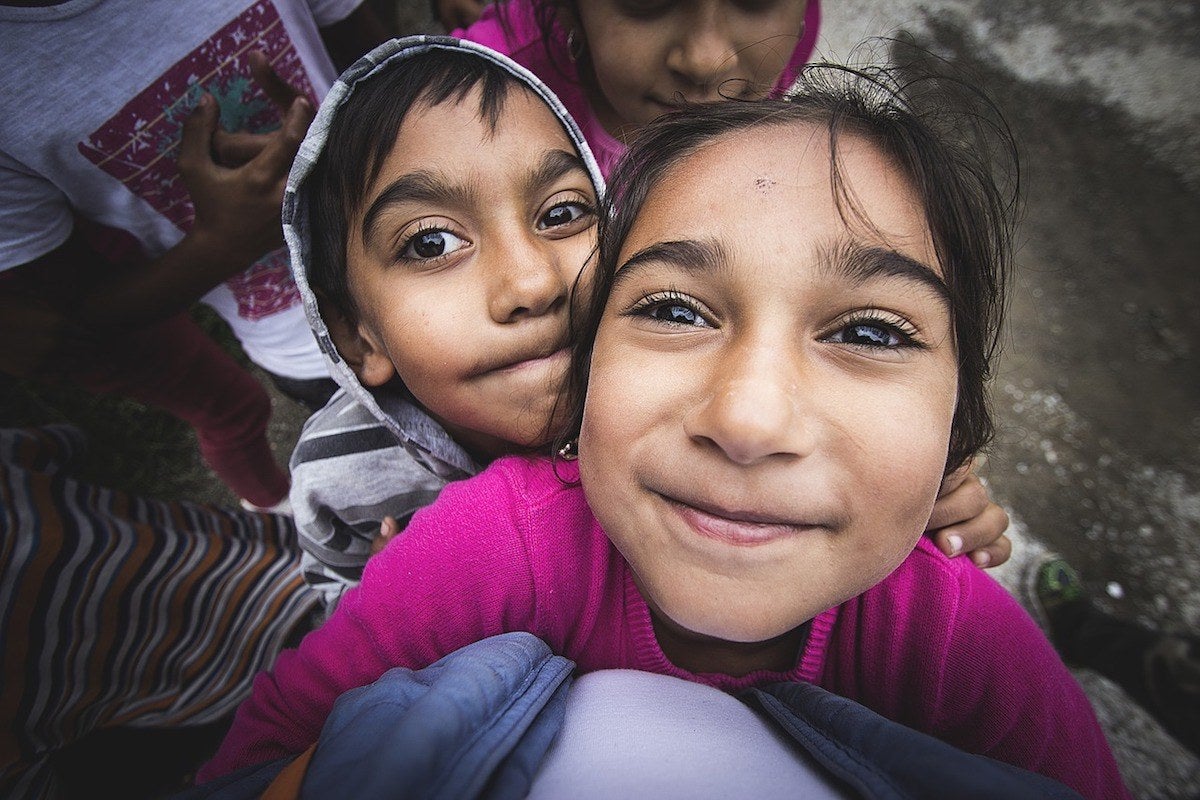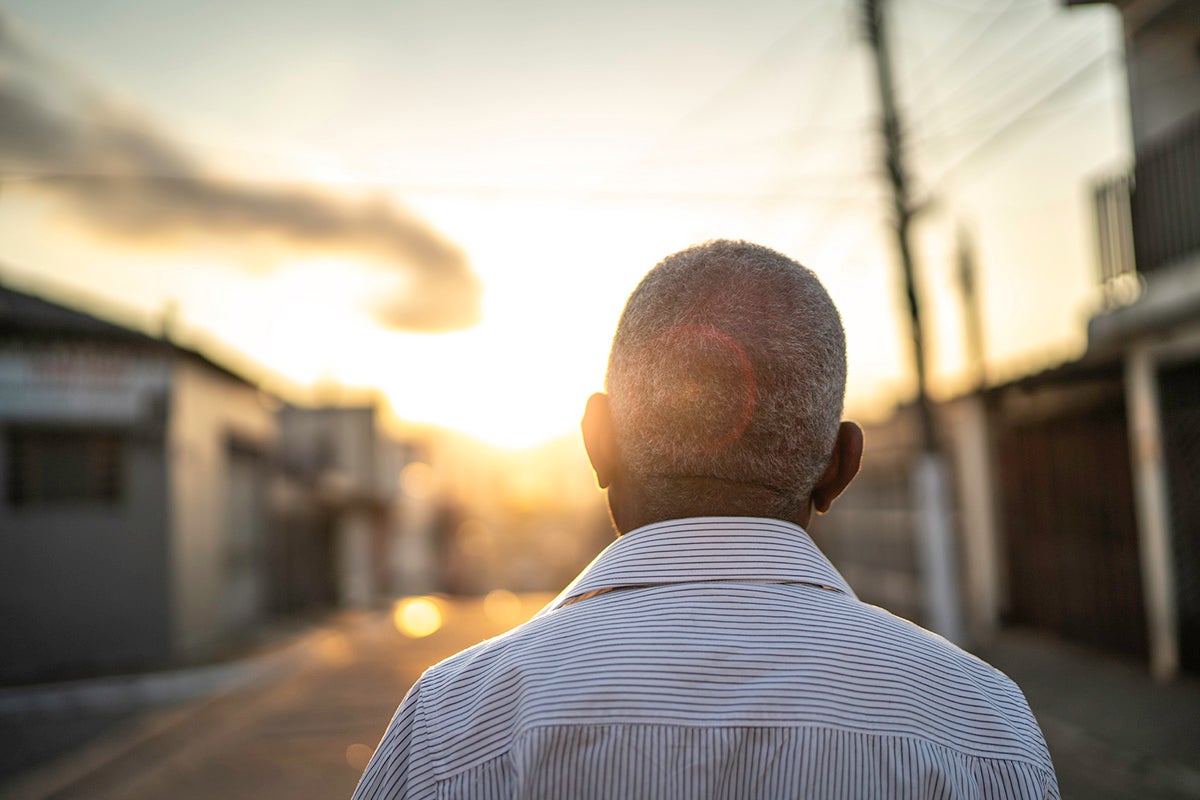The moral and economic imperative of improving global cancer care for kids

April 1, 2020—Over the next 30 years, more than 11 million children age 14 and younger could needlessly die from cancer, with the vast majority of deaths occurring in low- and lower-middle-income countries, according to a new The Lancet Oncology Commission report that was co-led by Rifat Atun, professor of global health systems at Harvard T.H. Chan School of Public Health.
While the projections are sobering, there is a silver lining: Millions of these deaths can be averted with moderate investments aimed at expanding access to diagnostics, treatment, and supportive care.
The report, “Sustainable Care for Children with Cancer,” was published on March 30, 2020, as a special Lancet Commission. It included contributions from more than 40 of the world’s leading experts in oncology, pediatrics, economics, and health systems. In addition to Atun, other Harvard researchers that worked on the report included Zachary Ward and Jennifer Yeh.
Using new modeling techniques, the authors were able to account for under-reporting and under-diagnosis of pediatric cancers that often occur in weak health systems, as well as for future population growth. This approach allowed the researchers to predict national and global estimates of cancer incidence, survival, and mortality for children up to age 14 in 200 countries between 2020 and 2050.
The models showed that nearly 14 million children will develop cancer worldwide by 2050 and that more than 6 million of those cases will go undiagnosed and untreated if additional investments to strengthen health systems are not made. However, investing in access to primary care, treatment, and supportive services to ensure children can complete treatment, could prevent at least 6 million deaths and yield nearly $2 trillion in economic benefits.
“For too long, there has been a widespread misconception that caring for children with cancer in low- and middle-income countries is expensive, unattainable, and inappropriate because of competing health priorities,” Atun said in a news release issued by The Lancet. “Nothing could be further from the truth.”
The report provided six recommendations to tackle the inequalities between cancer services in rich and poor countries, including making childhood cancer care an integral part of essential benefits packages when expanding universal health coverage and investing in research and innovation in low- and middle-income countries.
“Improving childhood cancer outcomes will save millions of lives and generate $2 trillion in economic benefits. But this will require strong political leadership, global solidarity, collective action, inclusive participation of all major stakeholders, and alignment of national and global efforts to expand access to effective and sustainable care for children with cancer,” Atun said. “Only then will all children who are diagnosed with cancer be able to enjoy equitable access to optimal care, better health, the chance to reach a fulfilling and productive adulthood, and the dignity that they deserve.”
Read the report: Sustainable care for children with cancer: a Lancet Oncology Commission


